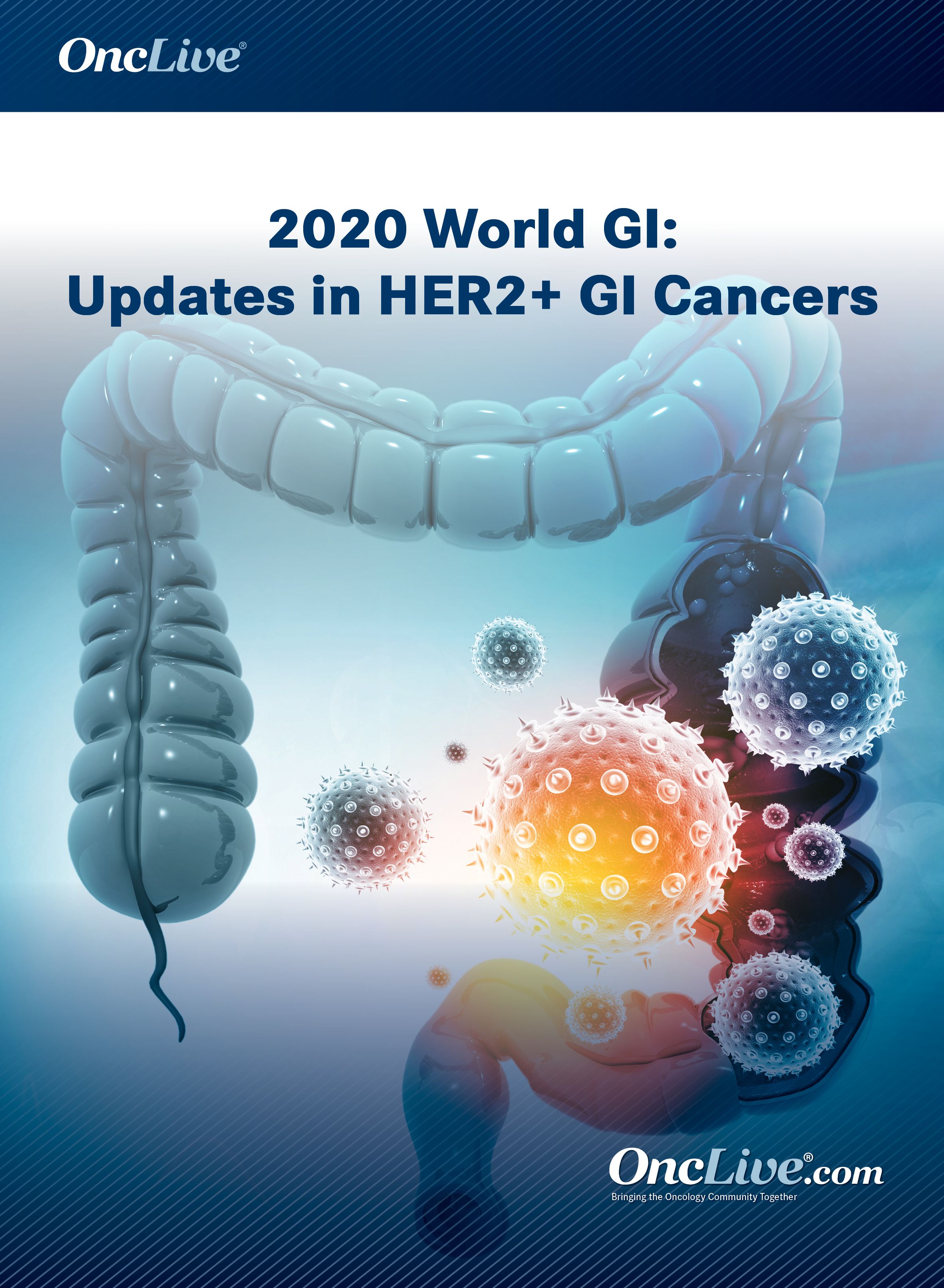Publication
Video
Supplements and Featured Publications
Dr. Ajani on Clinical Implications of Trastuzumab Deruxtecan in Gastric and GEJ Adenocarcinoma
Jaffer A. Ajani, MD, discusses the potential clinical implications of fam-trastuzumab deruxtecan-nxki in gastric or gastroesophageal junction adenocarcinoma if approved by the FDA.
Jaffer A. Ajani, MD, professor of medicine and an internist in the Department of Gastrointestinal Medical Oncology with the Division of Cancer Medicine at The University of Texas MD Anderson Cancer Center, discusses the potential clinical implications of fam-trastuzumab deruxtecan-nxki (Enhertu) in gastric or gastroesophageal junction (GEJ) adenocarcinoma if approved by the FDA.
If trastuzumab deruxtecan is approved for HER2-positive gastric or GEJ adenocarcinoma, its clinical implications would be similar to other agents that have been approved in the later-line setting—all of which have been tried in earlier lines of therapy, says Ajani.
Based on the DESTINY-Gastric02 findings, a second-line indication could be in this agent's future, though it may also move to a first-line indication later on.
In the adjuvant breast cancer setting, ado-trastuzumab emtansine (T-DM1; Kadcyla), trastuzumab (Herceptin), and pertuzumab (Perjeta), have all made their way to the adjuvant setting. Trials start with heavily treated patients, then less heavily treated patients, before moving to the first-line, and then, eventually, the adjuvant setting. It's possible that the same could also happen in gastric cancer and lead to the approval of trastuzumab deruxtecan in the adjuvant setting, concludes Ajani.
























%20(2)%201-Recovered-Recovered-Recovered-Recovered-Recovered-Recovered-Recovered-Recovered-Recovered-Recovered-Recovered-Recovered-Recovered-Recovered-Recovered-Recovered-Recovered.jpg?fit=crop&auto=format)
%20(2)%201-Recovered-Recovered-Recovered-Recovered-Recovered-Recovered-Recovered-Recovered-Recovered-Recovered-Recovered-Recovered-Recovered-Recovered-Recovered-Recovered-Recovered.jpg?fit=crop&auto=format)
